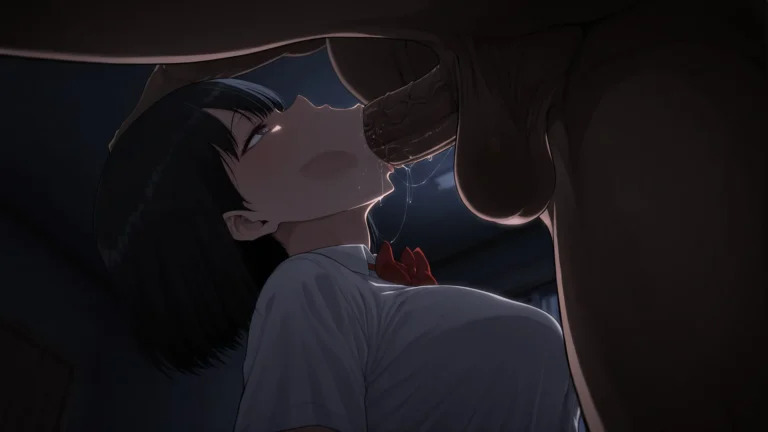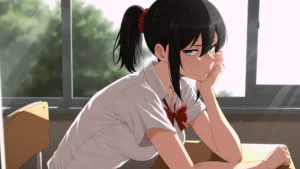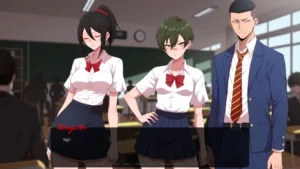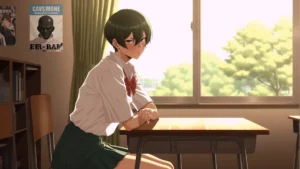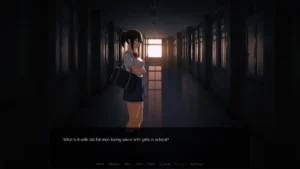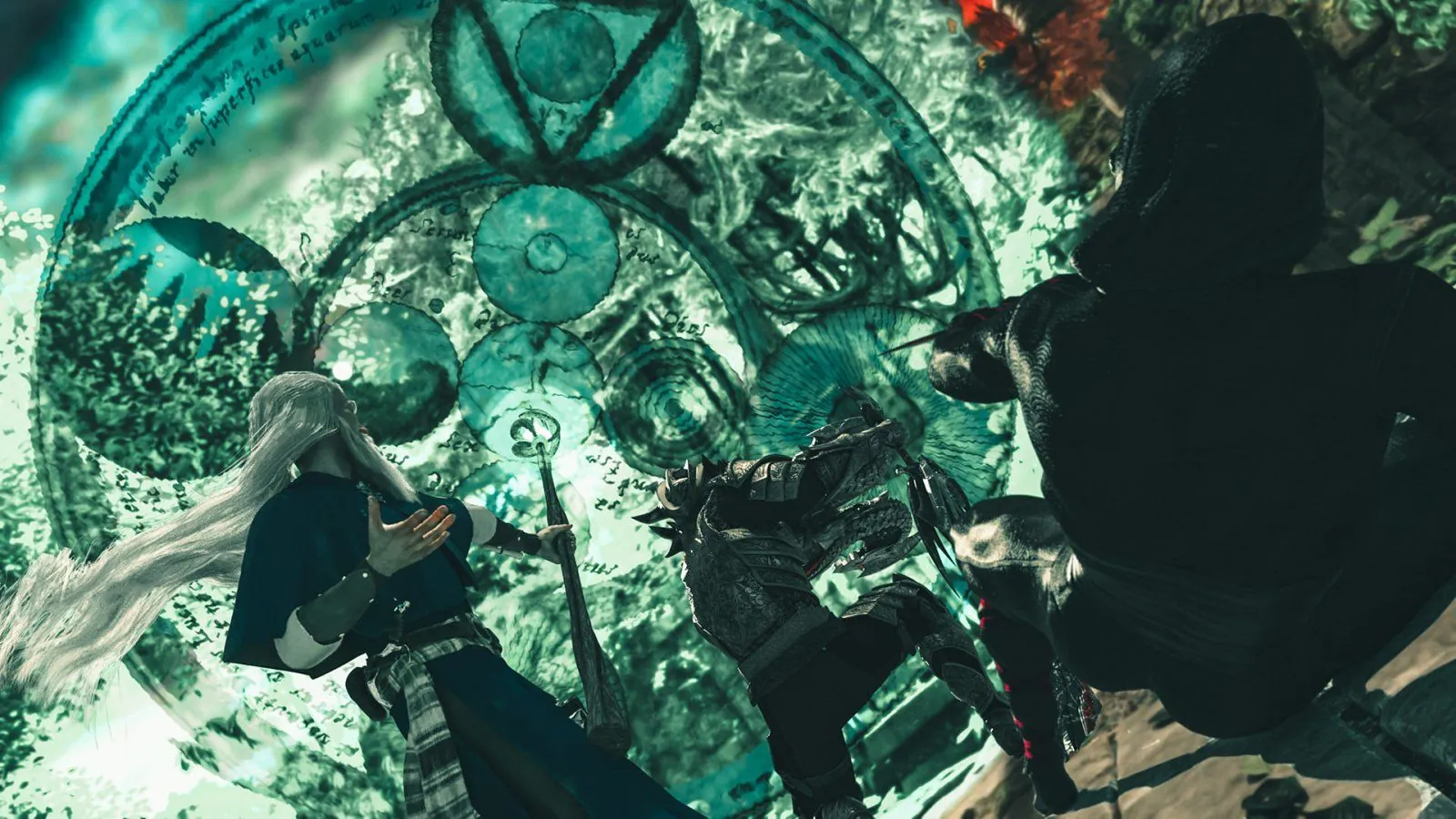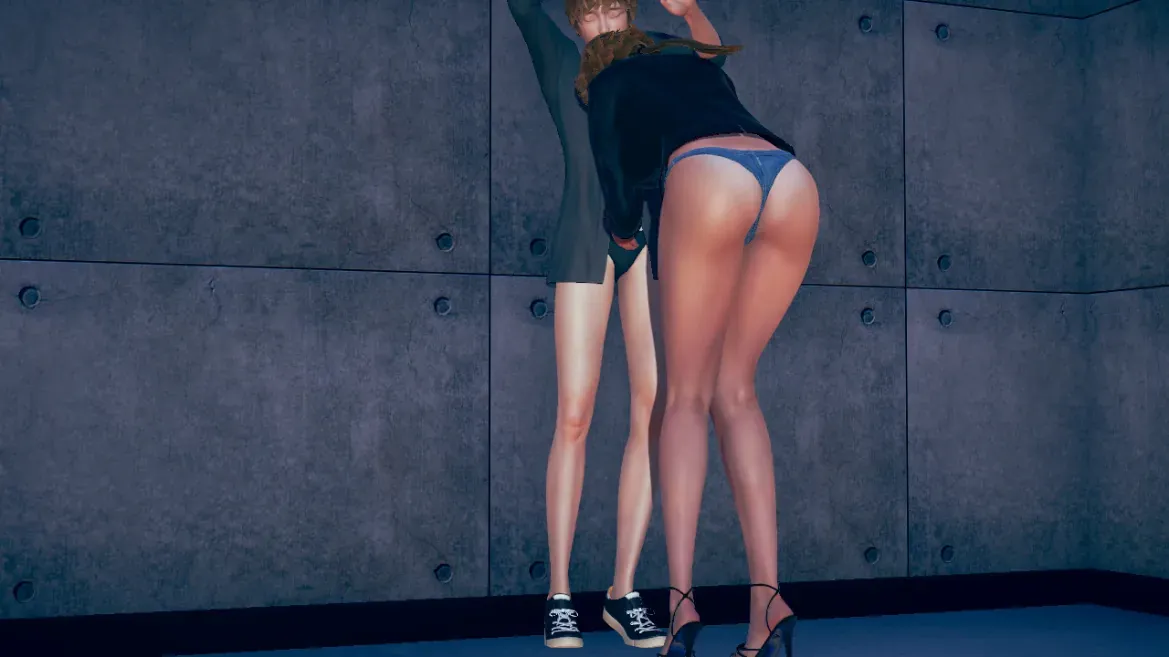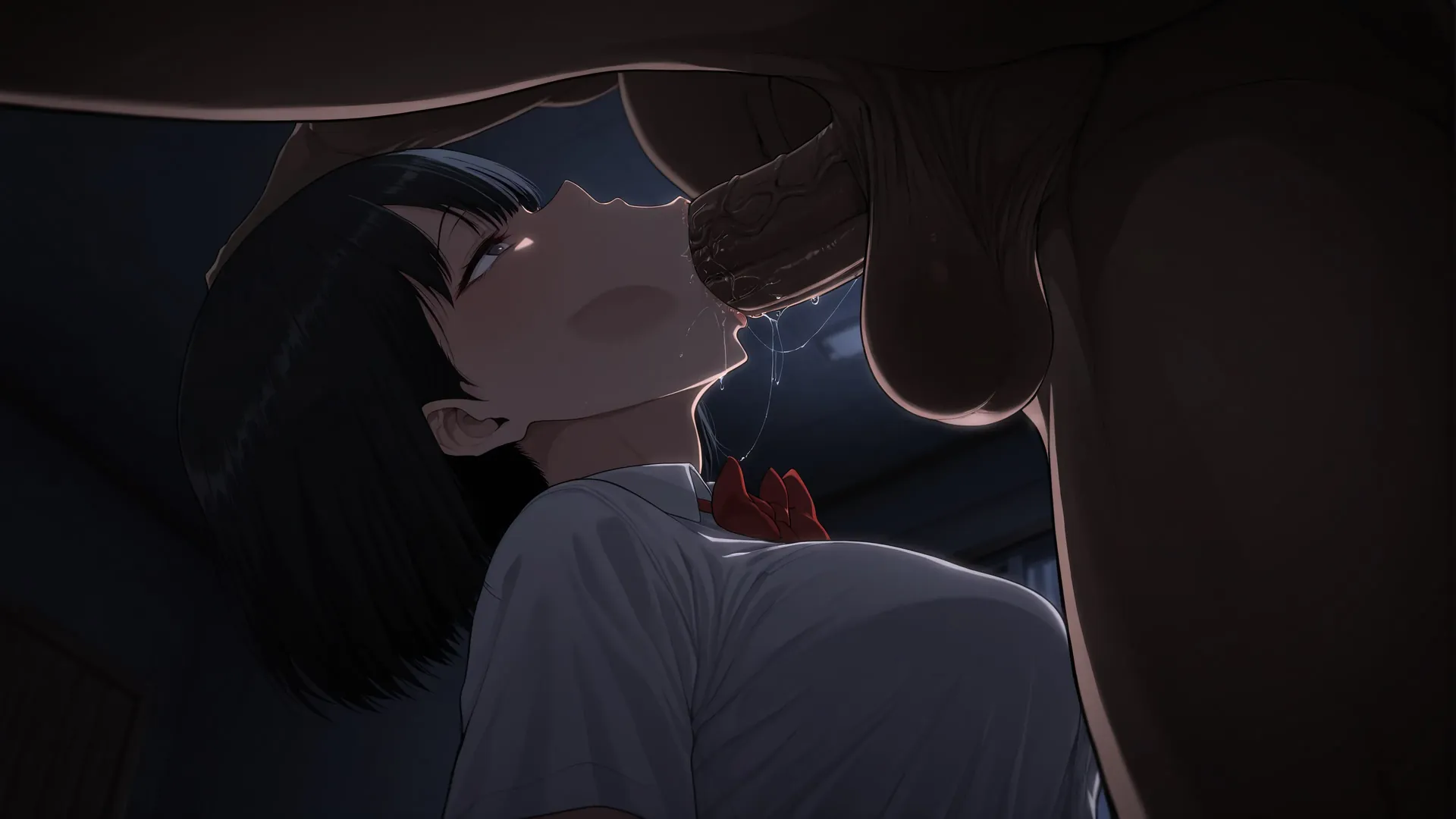
Aperture
Play Aperture
Aperture review
Exploring the Story, Characters, and Gameplay of Aperture by Vonsatia
Aperture is a mature-themed visual novel game developed by Vonsatia that immerses players in a slow-burning narrative filled with emotional drama and intense character development. This adult game focuses on the gradual psychological unraveling of its protagonist, Rin, and invites players to experience a complex story that blends mystery with personal tension. If you’re curious about what makes Aperture stand out in its genre, this article will guide you through its key features, gameplay, and narrative depth.
Understanding Aperture: Storyline and Themes
Let’s be honest, a lot of adult visual novel stories can feel a bit… predictable. You know the drill: meet characters, make choices, see some steamy scenes. But then you find a game like Aperture by Vonsatia, and it completely redefines your expectations. This isn’t just a story; it’s an experience that gets under your skin. 😮🤔
The Aperture game story is a masterclass in building a specific, unsettling mood. It pulls you into its world and doesn’t let go, making you an active participant in a deeply personal and psychological unraveling. If you’re looking for a narrative that prioritizes emotional depth over cheap thrills, you’ve hit the jackpot.
What Is the Core Narrative of Aperture?
At its heart, the Aperture game story is a gripping exploration of a mind coming undone. You step into the shoes of Rin, a young woman who moves into a new, seemingly ordinary apartment. The premise sounds simple, right? But from the moment you cross the threshold, things feel off. The Aperture experience is built on a foundation of subtle dread and creeping unease. 😥
This isn’t a horror story with jump scares; it’s a slow corruption narrative that mirrors the insidious nature of real-life anxiety and depression. The game brilliantly uses its environment and pacing to make you feel what Rin feels. A flickering light isn’t just a bug; it’s a sign of instability. A strange noise isn’t just ambient sound; it’s a trigger. The genius of this adult visual novel story is how it turns mundane, everyday spaces into a psychological battleground.
I remember playing late one night, and the game had me so on edge that when my own fridge hummed loudly, I nearly jumped out of my skin. That’s the power of Aperture’s storytelling—it blurs the line between the game world and your own.
The plot unfolds through Rin’s interactions with her new home and the mysterious, often intrusive, thoughts that begin to plague her. The emotional drama in Aperture stems from this internal conflict. You’re not just watching her struggle; you are guiding her through moments of paralyzing fear, fleeting hope, and devastating confusion. The choices you make feel heavy, because they aren’t about picking the “right” dialogue option to win affection, but about navigating a mental health crisis.
Here’s a breakdown of the core narrative flow:
| Narrative Stage | Description | Player’s Role |
|---|---|---|
| Establishment | Rin moves in, initial feelings of optimism mixed with unease. | You explore the environment, learning the basics and feeling the first hints of wrongness. |
| Incubation | The psychological tension in Aperture begins to build. Small anomalies and negative thoughts appear. | You make small choices that either help Rin cope or feed her anxieties. |
| Erosion | The slow corruption takes hold. Rin’s reality and perception start to fracture significantly. | Your decisions carry more weight, directly impacting Rin’s mental state and the story’s direction. |
| Climax & Resolution | The accumulated pressure culminates, leading to a pivotal moment of breakdown or breakthrough. | You confront the core of Rin’s turmoil, determining her ultimate fate. |
This structure is what makes the Aperture game story so compelling. You’re not just reading; you’re feeling the gradual descent.
Who Is Rin? Character Analysis and Development
Any meaningful Rin character analysis must start with one word: relatable. 🎭❤️ Rin isn’t a superhero or a fantasy archetype; she is a profoundly human character grappling with issues many of us face. She is creative, introverted, and carries a quiet sadness that feels all too real. At the beginning of the game, she is hopeful yet vulnerable, trying to start anew but clearly burdened by her past.
Her role as the protagonist is our sole window into the world of Aperture. There is no third-person narrator to explain things; everything is filtered through her perception. This is crucial because it immediately creates a powerful sense of empathy and, at times, frightening identification. The psychological tension in Aperture is so effective because it’s her tension, and by extension, it becomes yours.
A friend of mine, who struggles with anxiety, told me that playing through Rin’s story was like seeing her own internal struggles visualized on screen. She said, “It was cathartic and heartbreaking at the same time. I was rooting for her so hard because it felt like I was rooting for a part of myself.” That’s the power of a well-written character.
The Rin character analysis reveals a journey defined by slow corruption. We witness her initial resolve slowly chipped away by:
- Isolation: The physical space of the apartment becomes a metaphor for her mental isolation.
- Intrusive Thoughts: The game visualizes the kind of negative self-talk and fear that can consume a person.
- Paranoia: She begins to question her own memories and perceptions, a terrifying experience that the game conveys masterfully.
Her development isn’t always linear or positive. Sometimes she backslides. Sometimes a small victory is followed by a major collapse. This realistic portrayal of mental health struggles is what sets her apart. A complete Rin character analysis shows her not as a static figure to be “solved,” but as a dynamic, complex human being fighting a difficult battle. Your choices directly influence whether this battle leads to a semblance of recovery or a complete surrender to the darkness. 😢✨
Themes Explored in Aperture: Emotional Drama and Psychological Depth
The Aperture visual novel themes are what elevate it from a simple story to a profound piece of interactive fiction. This game isn’t afraid to stare into the abyss of the human psyche, and it invites you to look with it. 👁️🗨️
The most prominent theme is the internal battle with mental illness. The apartment itself is a brilliant metaphor for Rin’s mind—a space that should be safe but has become haunted by its own architecture. The emotional drama in Aperture is generated entirely from this internal conflict. It’s a drama of a person trying to hold themselves together while feeling like they are fundamentally falling apart.
Another powerful theme is isolation and loneliness. Even when other characters are implied or communicated with, the experience is intensely solitary. This highlights how mental health struggles can make you feel utterly alone, even in a city of millions. The game makes you sit with that feeling, making any moment of connection or clarity feel like a monumental achievement.
Let’s summarize the key Aperture visual novel themes:
| Theme | How It’s Explored | Impact on the Player |
|---|---|---|
| Psychological Fragility | Through the deteriorating state of the apartment and Rin’s perception of reality. | Creates a deep sense of unease and empathy for Rin’s situation. |
| The Weight of the Past | Rin’s previous traumas and regrets seep into her present, influencing her decisions. | Adds layers to her character and makes her journey feel earned and tragic. |
| Search for Safety | The core drive is to find a place, both physically and mentally, where Rin can be at peace. | Provides a relatable goal that drives the player forward, hoping for a positive outcome. |
Finally, the game explores the theme of corruption of innocence. Rin begins with a hope for a fresh start, a clean slate. The slow corruption narrative is the systematic destruction of that innocence by anxiety and fear. It’s a painful process to witness, but it’s portrayed with such raw honesty that it never feels exploitative.
This focus on heavy Aperture visual novel themes is what makes it a standout adult visual novel story. “Adult” here doesn’t just refer to mature content; it refers to a narrative that deals with complex, adult issues with the nuance and gravity they deserve. It’s a story that stays with you long after you’ve closed the game, prompting reflection on your own struggles with fear and isolation. 🤔💭
In a genre often filled with escapism, Aperture does the opposite: it holds up a mirror, and asks you to look closely. And in doing so, it creates one of the most memorable and impactful stories you’re likely to experience.
Aperture offers a unique and emotionally charged experience within the adult visual novel genre, combining a gripping storyline with complex character development and psychological themes. Whether you are drawn by its narrative depth or its immersive gameplay, Aperture stands out as a thoughtful and engaging game. If you appreciate stories that explore emotional tension and character transformation, this game is worth exploring. Dive into Aperture to experience its compelling world firsthand.
